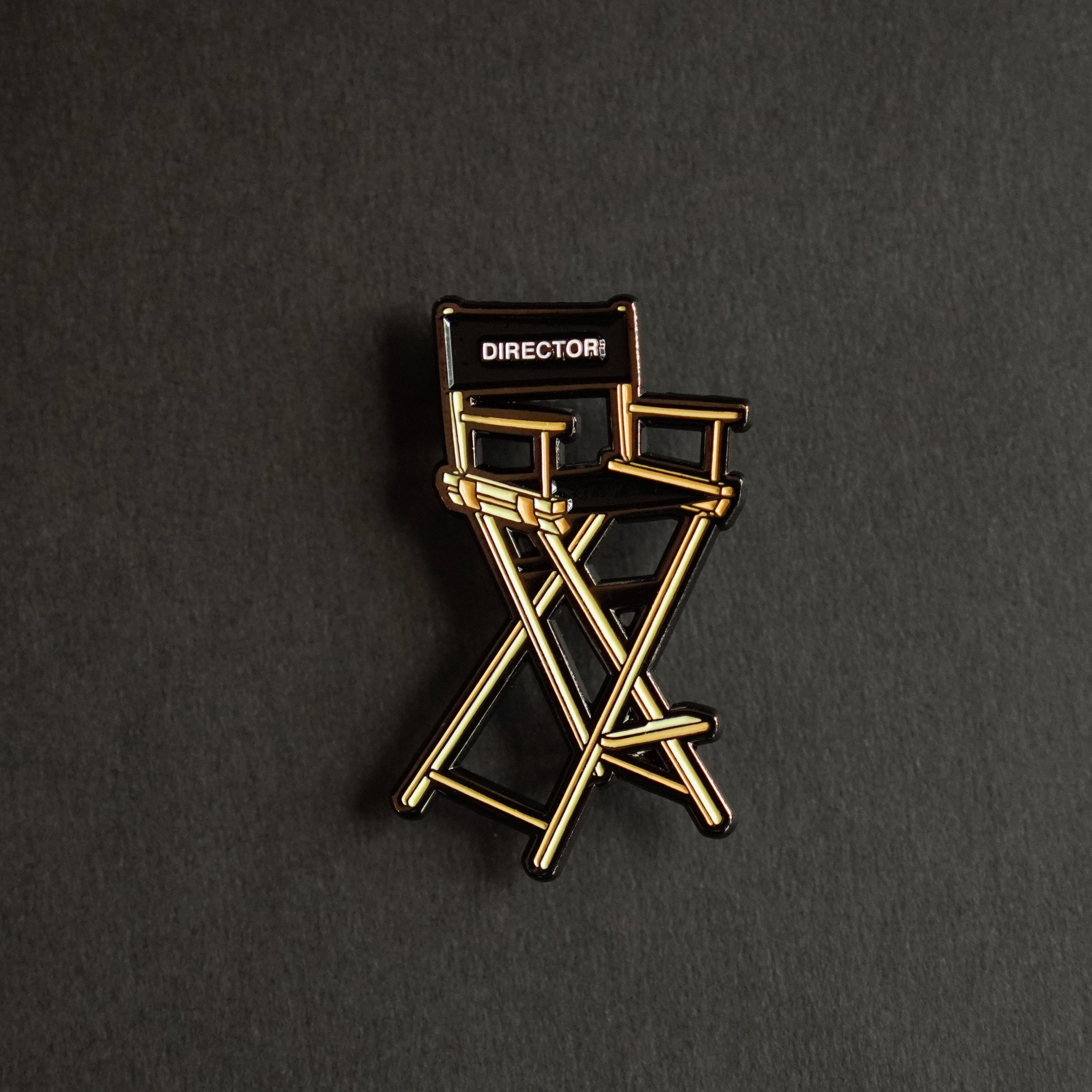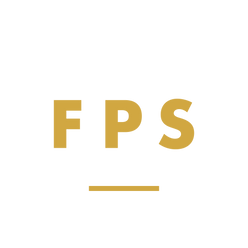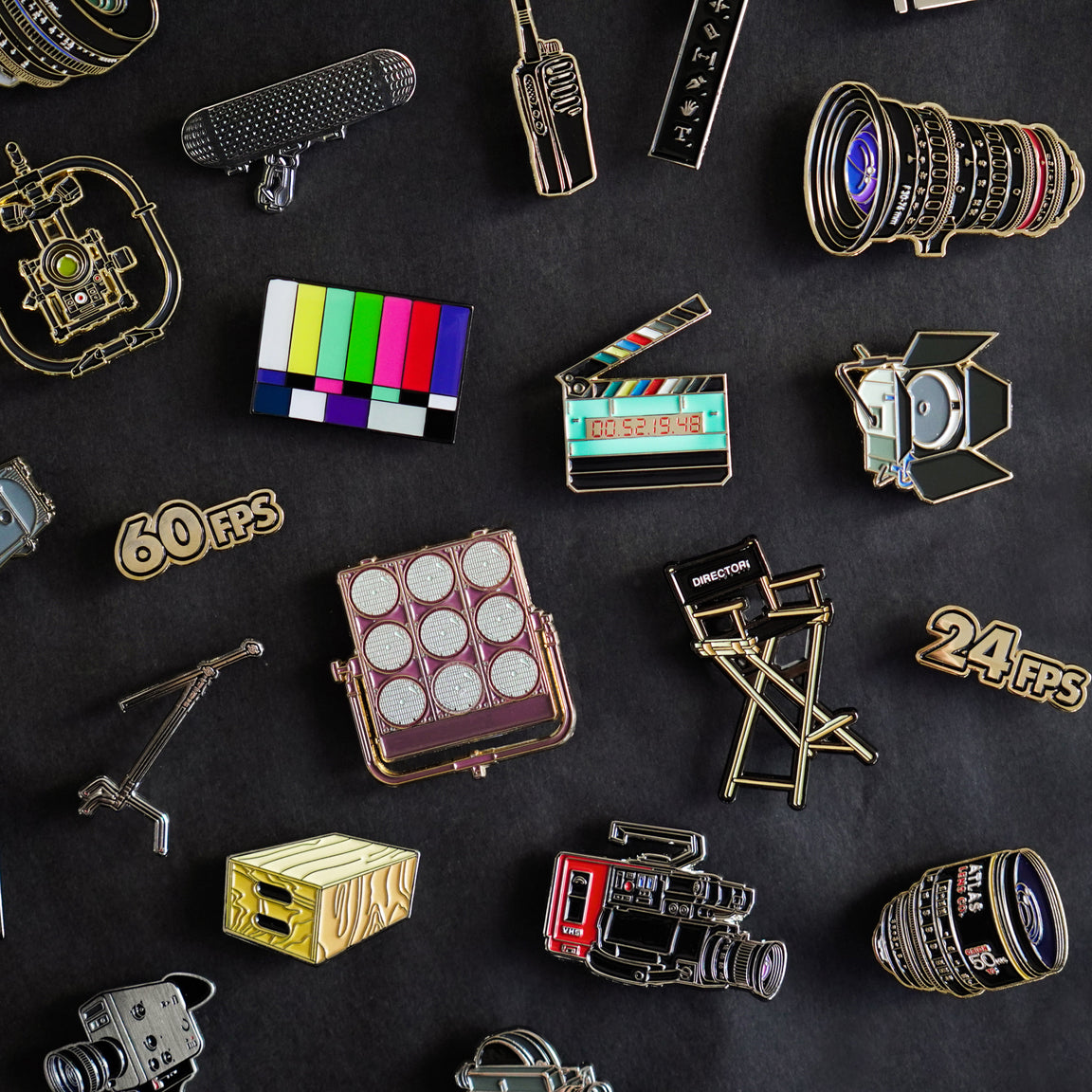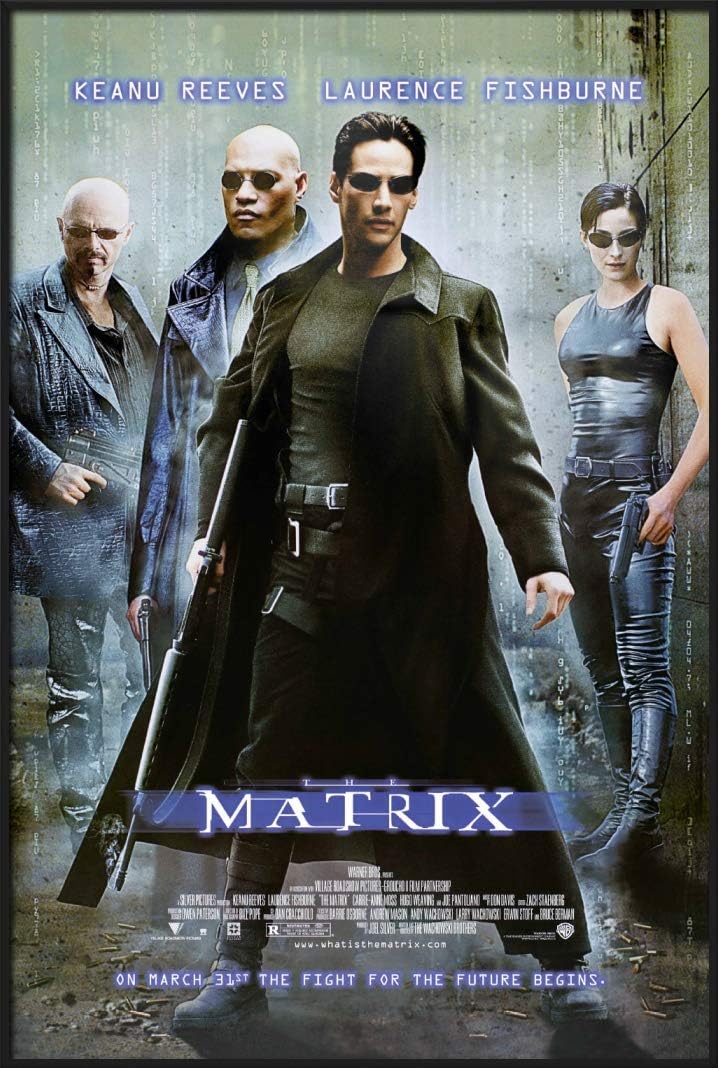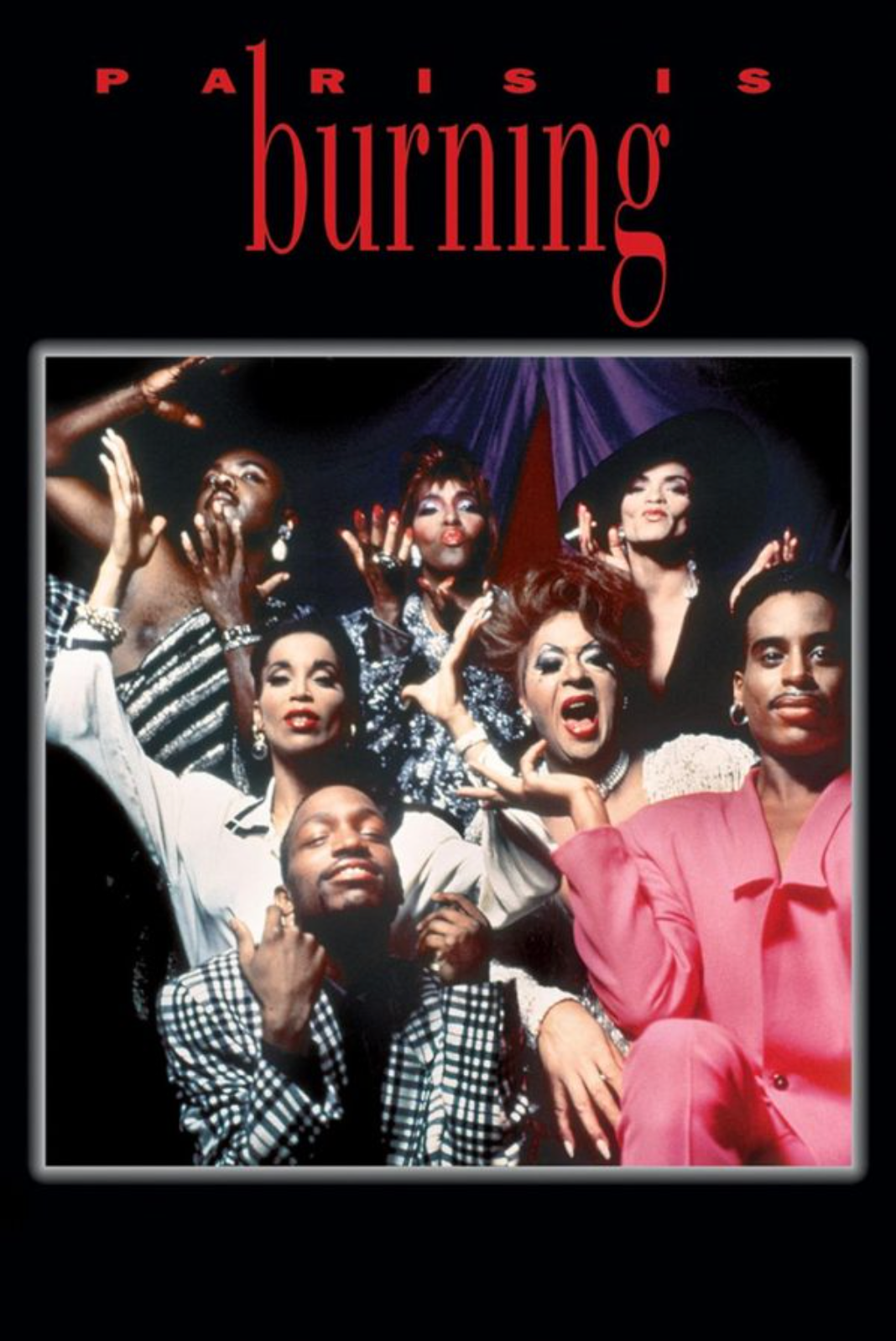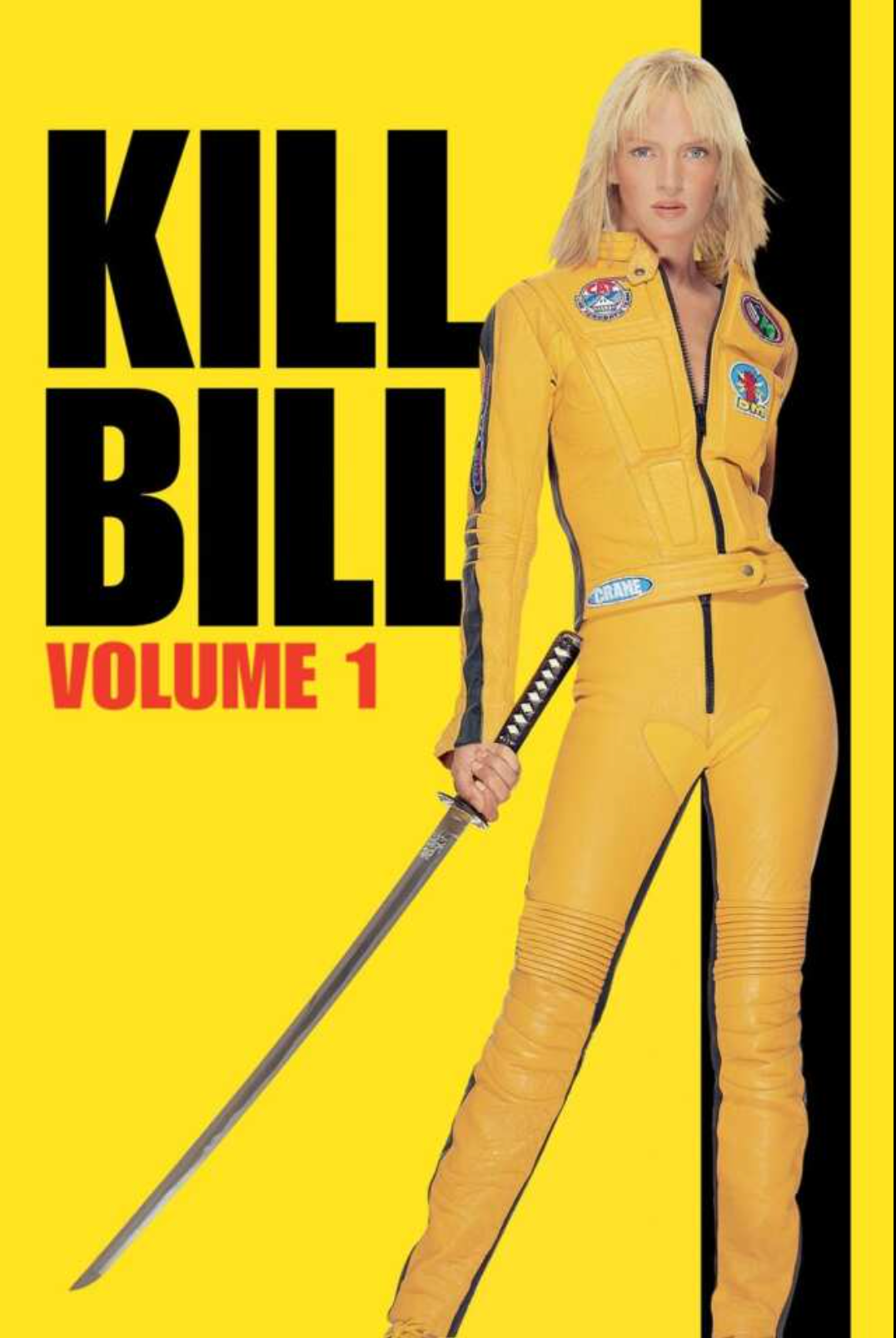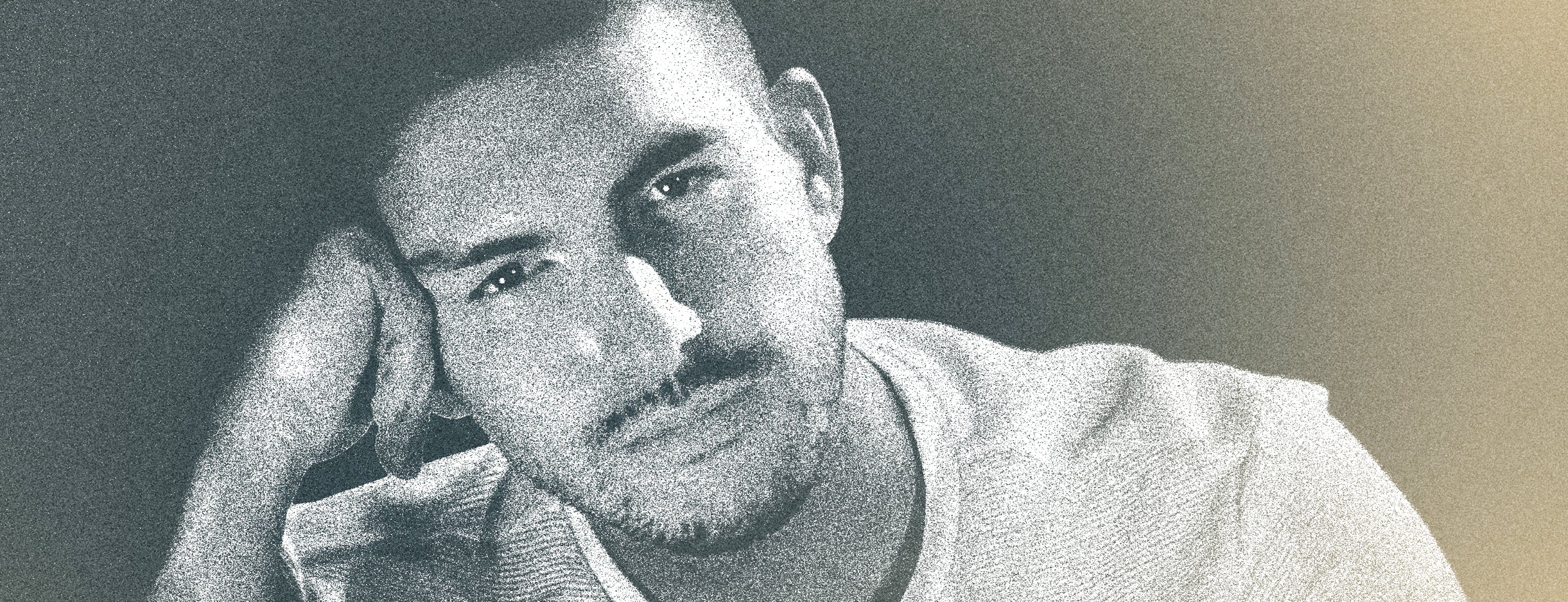
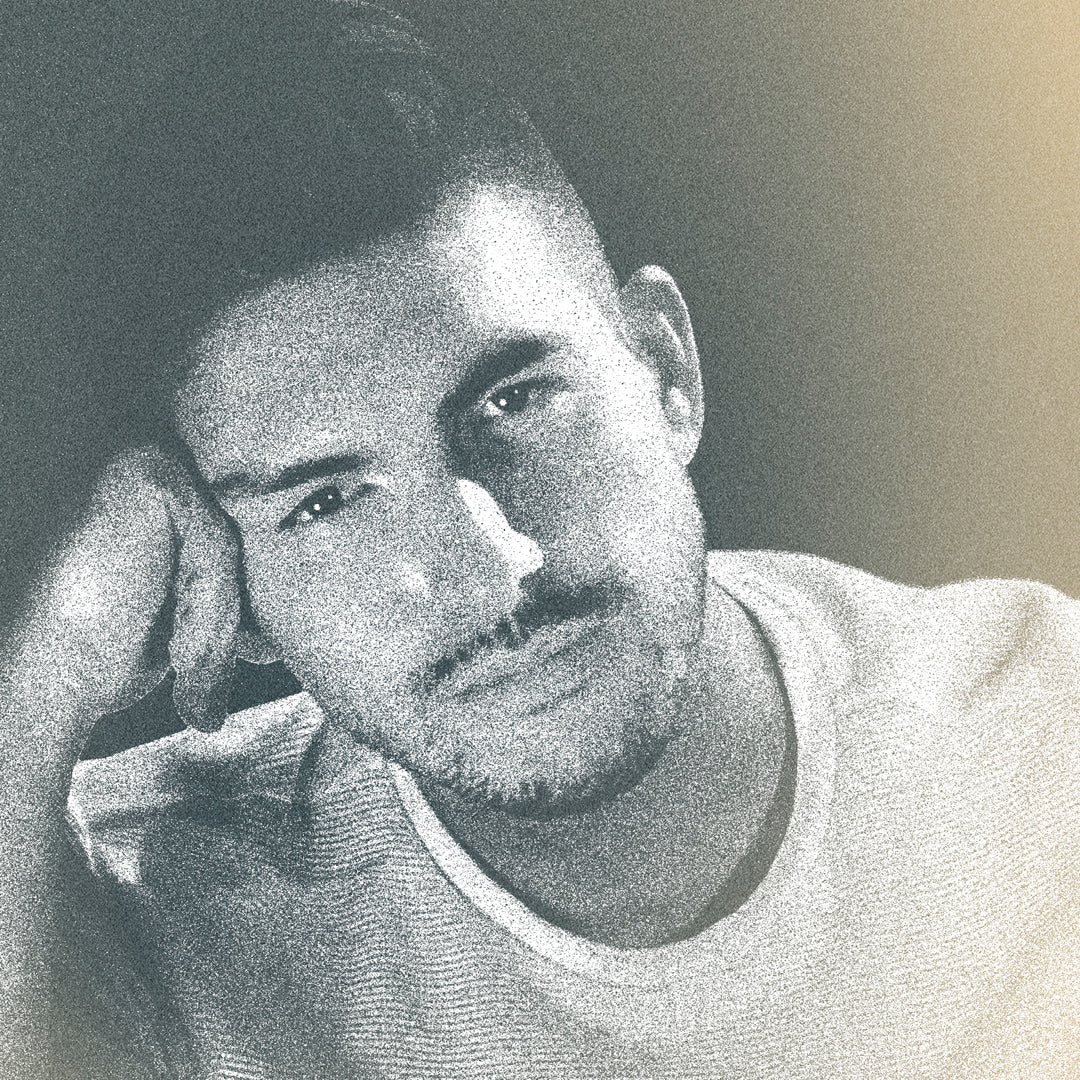
"Film has always been the medium I communicate with the best."
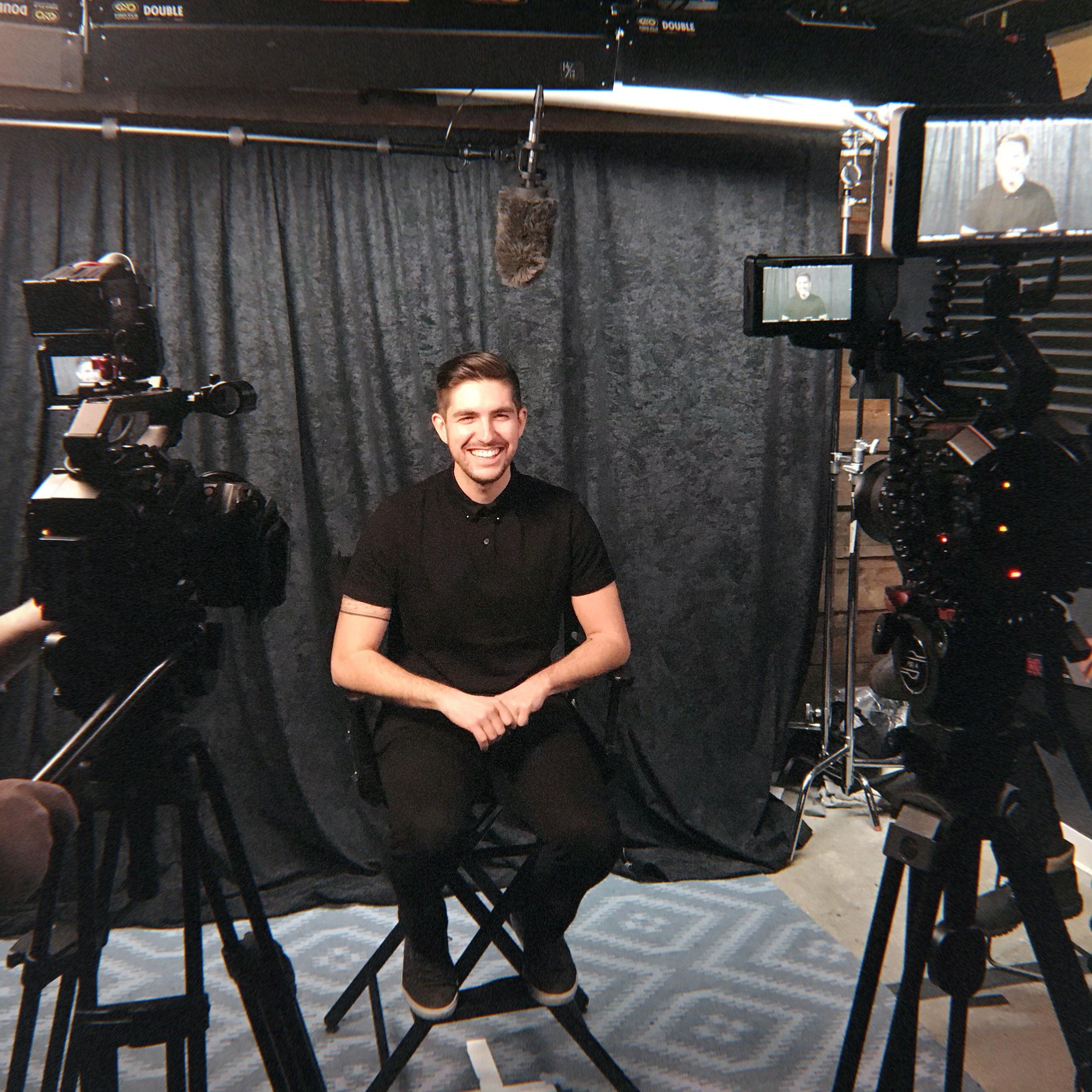
The Matrix (1999)
Directed by the Wachowski Sisters
Paris is Burning (1990)
Directed by Jennie Livingston
Kill Bill Vol. 1 (2003)
Directed by Quentin Tarantino
Growing up, my grandma lived hours away in a rural part of Washington State, so we would record videos on VHS tapes and mail them to each other. We’d show her our school artwork, she’d show us her goats or newly painted barn. We have decades’ worth of tapes from childhood because my dad always had a camcorder on his shoulder. Eventually I became the family documentarian. By the time I got to high school I was learning After Effects from Video Copilot tutorials so I could make Star Wars, Lord of the Rings, and Heroes fan fiction with my friends and family. I’d ask my teachers if I could turn in a video instead of a paper. Film has always been the medium I communicate with the best. There was never really an option other than filmmaking.
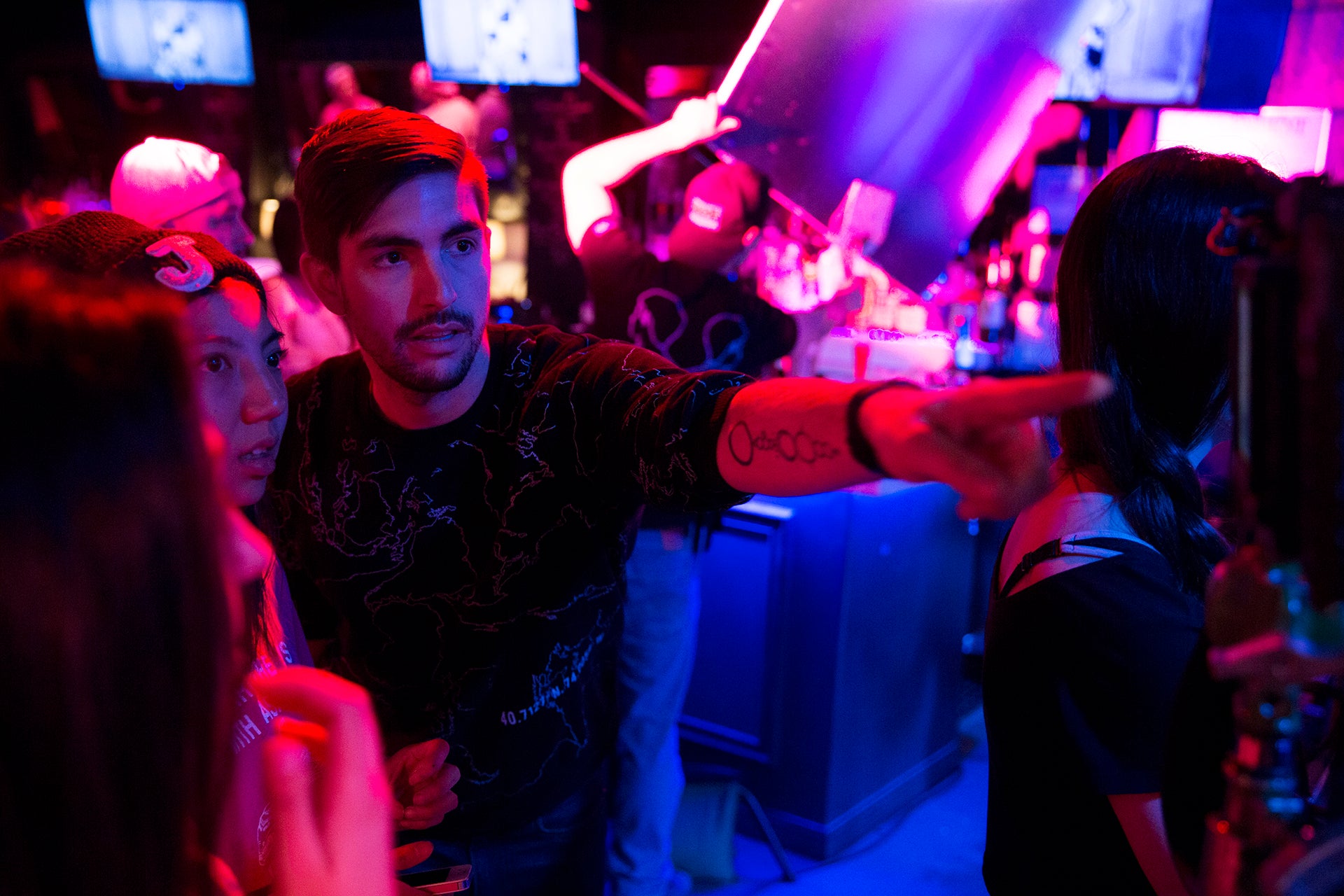

I recently got to work with Nana Visitor from Star Trek: Deep Space Nine in my current project, The Robosexual. I’ve always looked up to women in sci-fi who kick ass, so I wrote a character like that in this queer sci-if project. For me it was a pinch-me moment to be working with someone of her caliber, but it also was a turning point in how I think about my own work. She was inspired by how this project prioritized not just what we were making and why, but how. A huge part of my efforts was making the cast and crew feel like a community collaborating in a safe space. That resonated with everyone and I realized that I was doing something right.
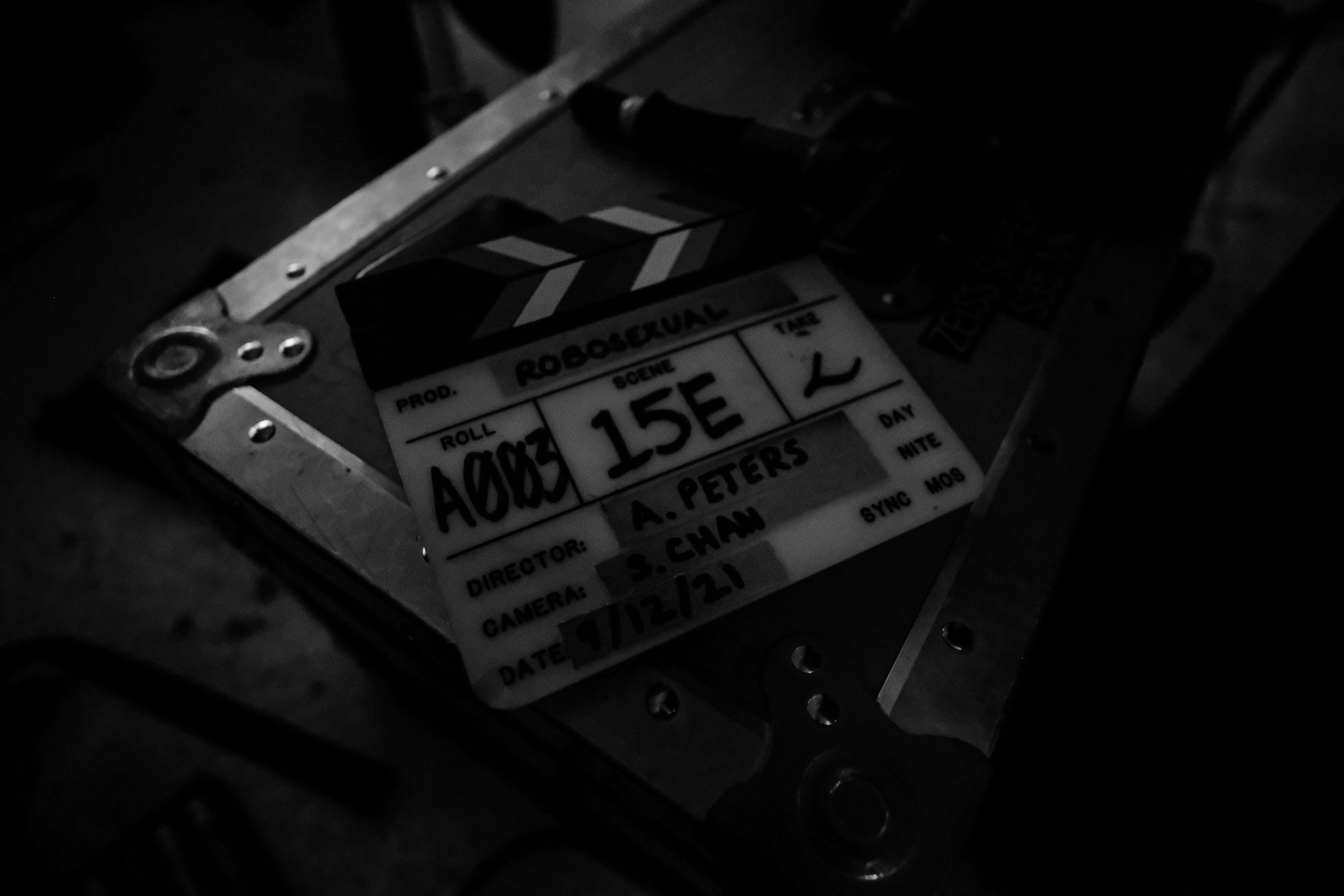
Community for queer folks is about chosen family. Coming out often comes with trauma, so our friends become our surrogate families. That theme finds its way in all of the work I do because it’s my life experience. It’s why I’ve been making it a priority to hire queer folks on my sets. It’s our responsibility to hold the door open for those coming up behind us. We’re all hustling and sometimes it doesn’t feel like you’ve “made it” because filmmaking is such a grind. But every project we have, no matter how small the budget, is an opportunity to uplift our community.
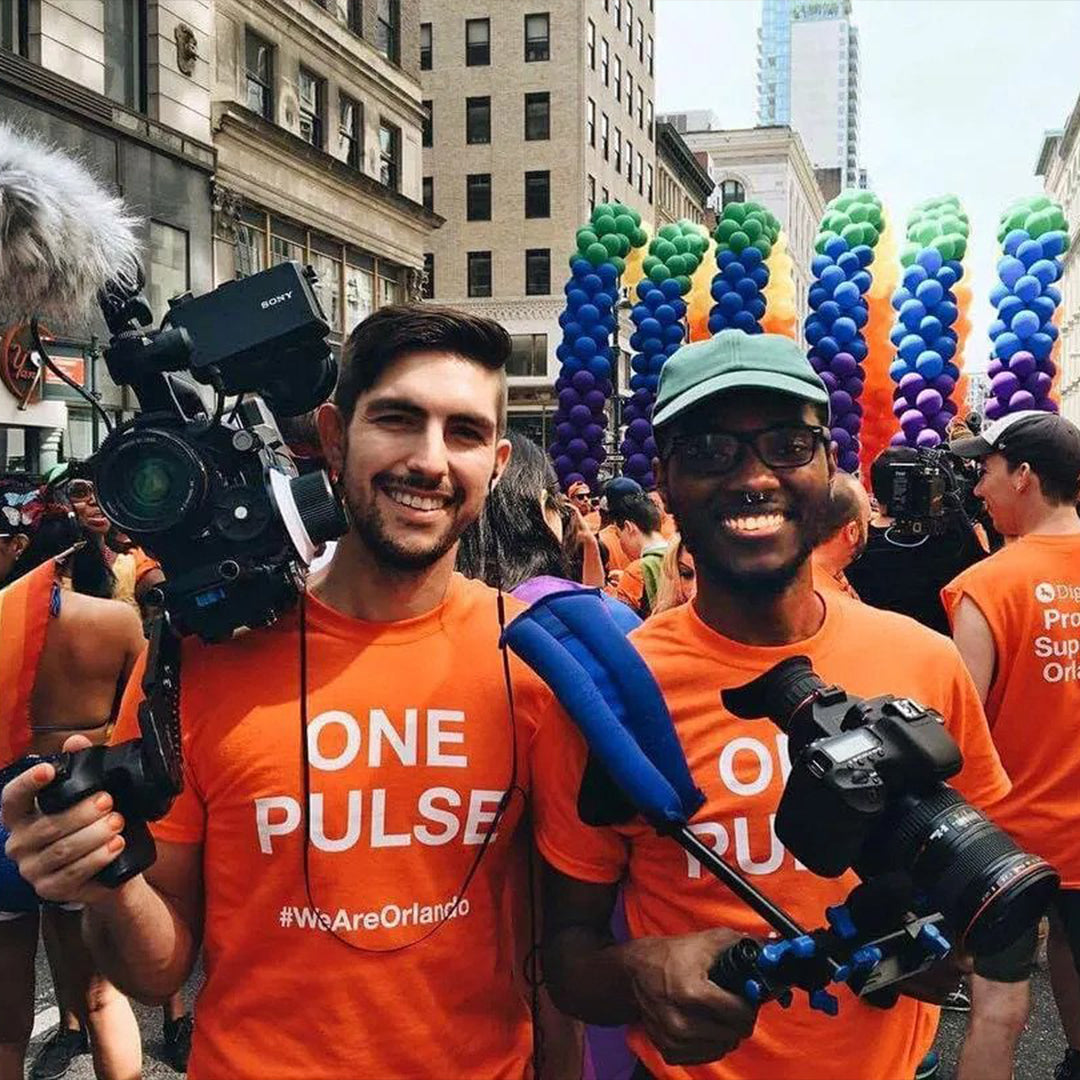
I feel like the conversation about LGBTQ+ representation right now is all about whether or not Disney or Warner Bros. cut the 5-second shot that showed queer people before distributing in foreign markets. A single same-sex kiss at the end of a trilogy or an aside about being gay in a single conversation is not representation. Representation comes from queerness as an inseparable part of the story. It comes from queer folks being in leadership roles. Representation should be unapologetic. It’s what inspired me to make The Robosexual. I built a sci-fi world based in queer history, pulling inspiration from real events in a way that makes the queerness inseparable from the genre, characters, and story.
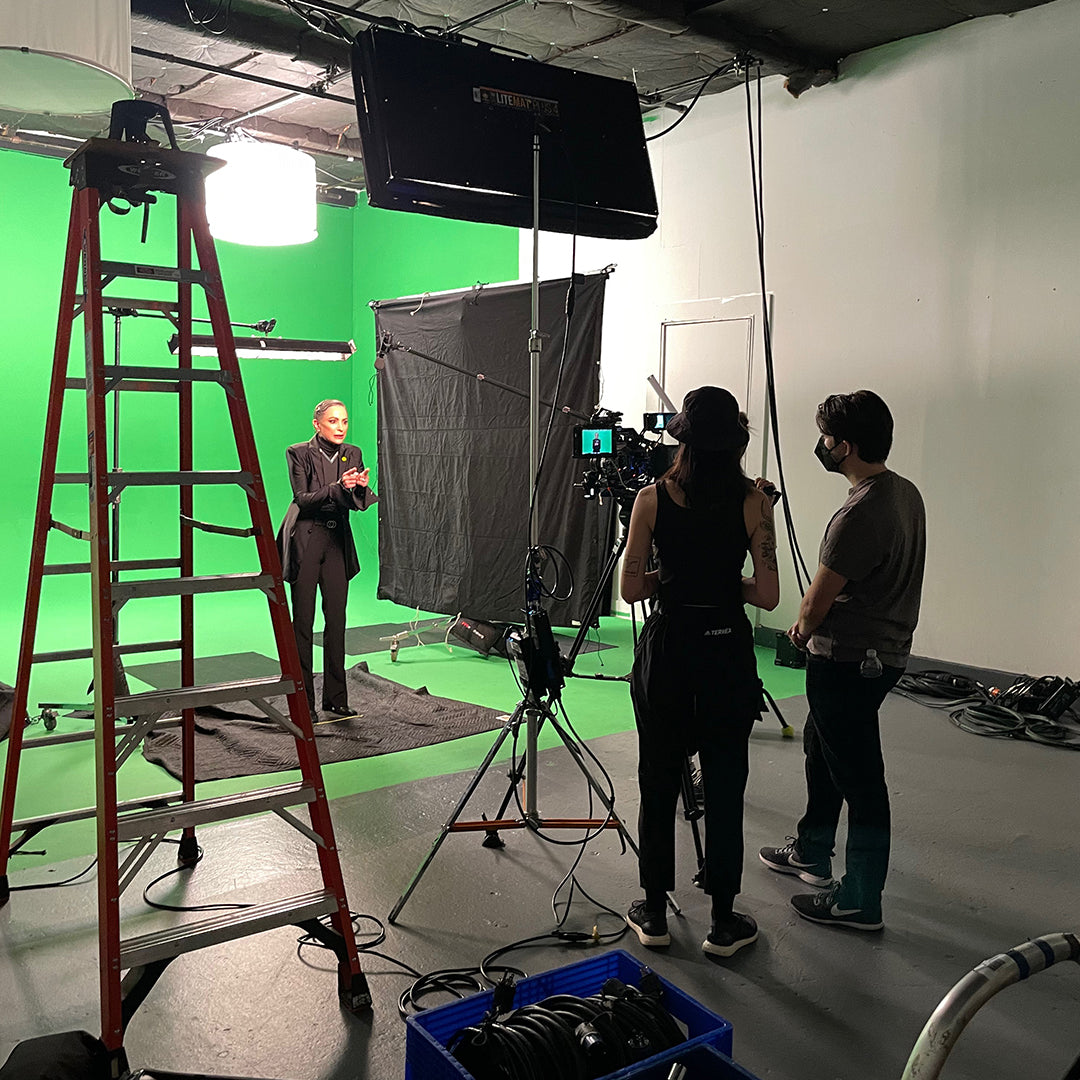
If you want to direct, direct. Don't wait for someone to give you permission to make your film. Start with small projects and work your way up. This is a decades-long endeavor, so focus on incremental growth to your craft. Have specific goals for each new project, whether it’s about trying a new genre or prioritizing set protocol. Take big projects step-by-step, solving one crisis at a time. That’s the job. If the challenge is terrifying, it’s the right direction to go in. I’ve made the biggest leaps in my creative ability when I was naive about how massive the endeavor was. And always, always, always, tell the stories you want to tell, no matter what colleagues, friends, or the market says.
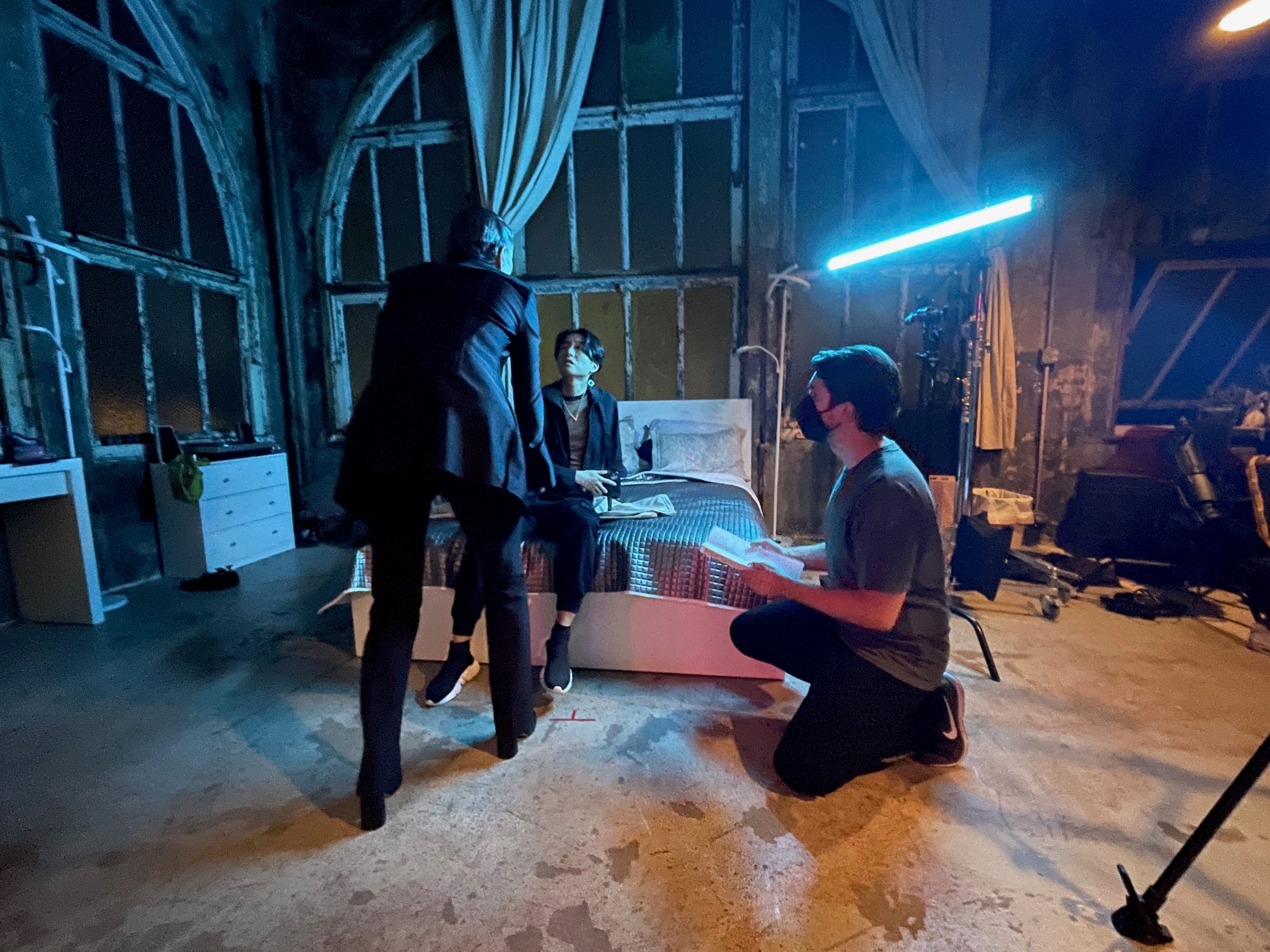
I like the Director’s Chair Enamel Pin. The director’s chair is like the captain’s chair on the Enterprise. It comes with a responsibility for everyone on the cast and crew. Livelihoods depend on you making the rights decisions. You must share successes with your collaborators, but shoulder failures yourself. I look at that chair, and that pin, as a challenge and a privilege.
